Real Madrid's flawed youth policy could be preventing global domination
Los Blancos have long built their success around a glittering array of stars, but they could have so much more with the right long-term strategy, writes Declan Warrington...
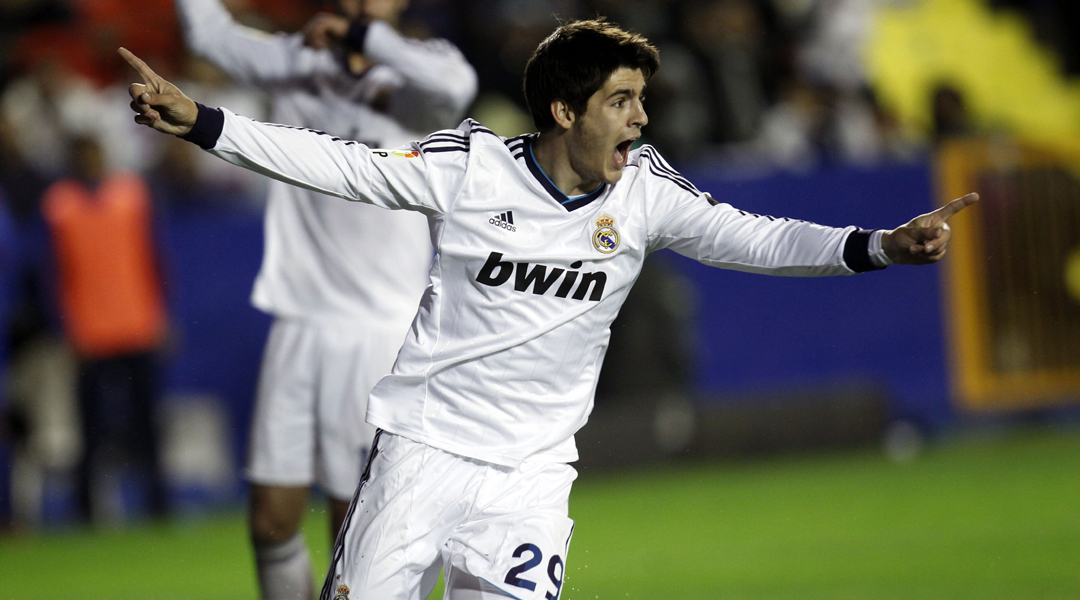
Real Madrid exited the Champions League on Wednesday, having been unable to overturn the 2-1 first-leg deficit against Juventus - and they have only themselves to blame.
TrailingBarcelonaby four points in La Liga with only two (potential) fixtures remaining, Real’s greatest chance of winning a trophy rested on becoming the first team to retain the Champions League in the competition’s 23-year history. Now, it’s likely manager Carlo Ancelotti will be the one to pay.
Real’s business plan is simple – buy big, expect the trophies in return – and it will long remain to be while Florentino Perez is in charge. But in reality the world’s biggest club, specifically through a destructive youth policy, have for years undermined their hopes of further success.
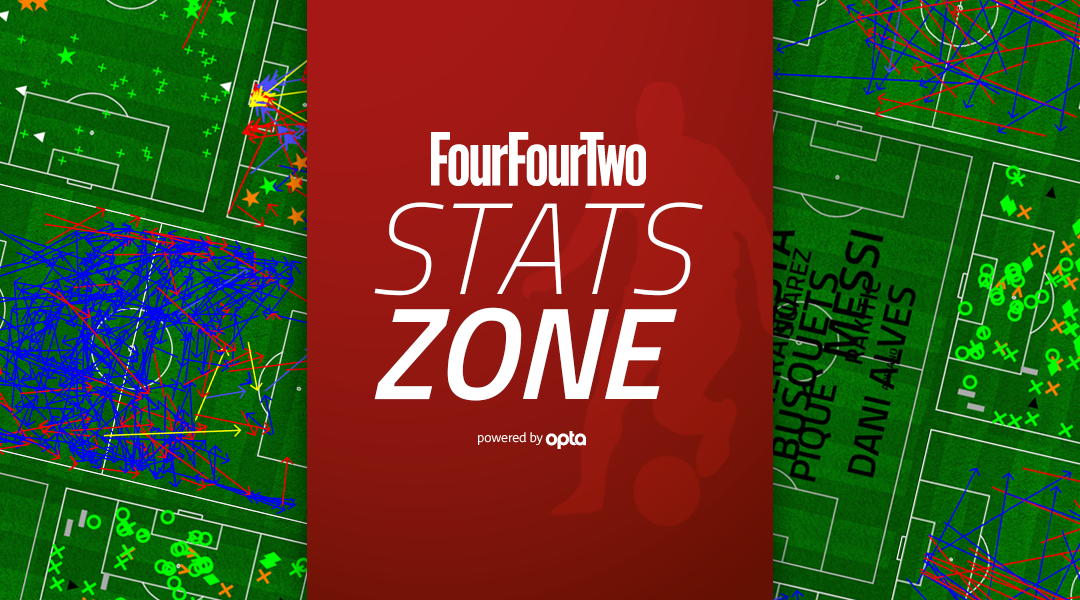
Languid long-term
Former Real striker Alvaro Morata’s calmly taken goal after only eight minutes in last week’s semi-final first leg helped Juventus to a 2-1 win, but it was his second in the return leg at the Bernabeu which really did the damage and denied his old side the chance to retain their title. Predictably, both goals prompted questions about why Real even sold him last summer.
It’s not only short-sighted in a footballing sense to sell such a talented individual – one who has now scored 13 goals this season – it also undermines Real’s extravagant transfer policy.
A player sold for €20 million last summer could have generated an even bigger transfer fee, even if not deemed up to Real’s high standards, after another year of first-team football.
Get FourFourTwo Newsletter
The best features, fun and footballing quizzes, straight to your inbox every week.
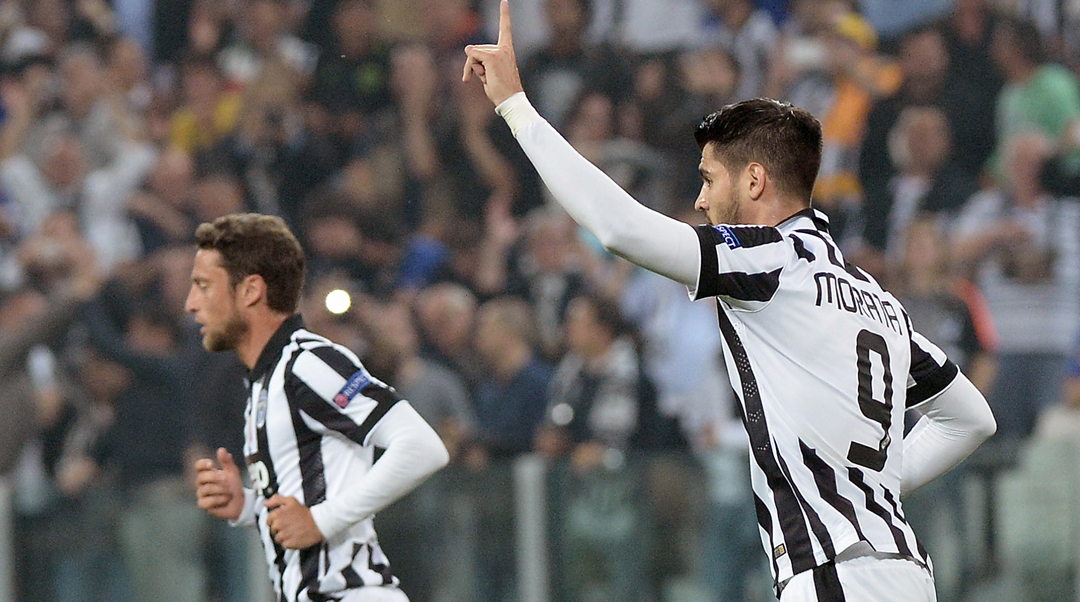
Morata could have been another player of quality in a fatigued squad exhausted by the exertions of a demanding 2013/14 which ended with the World Cup. Real lost two of their first three La Liga games.
History repeating
Often overlooked is that, in summer 2006 when Fabio Capello was appointed manager again, Real’s squad featured Juan Mata, Roberto Soldado, Ruben de la Red, Javi Garcia, Diego Lopez, Alvaro Arbeloa, Borja Valero, Esteban Granero and Alvaro Negredo. At a club where youth graduates Raul and Iker Casillas were fans’ favourites in an unbalanced squad, only Granero, Arbeloa and Lopez ever experienced anything like regular first-team football at the Bernabeu, and first each of them had to leave to get it.
In the years since, Barcelona have been lauded for the greatest-ever generation of academy graduates, and the success they inspired – see three back-to-back La Liga titles, plus two Champions League crowns.
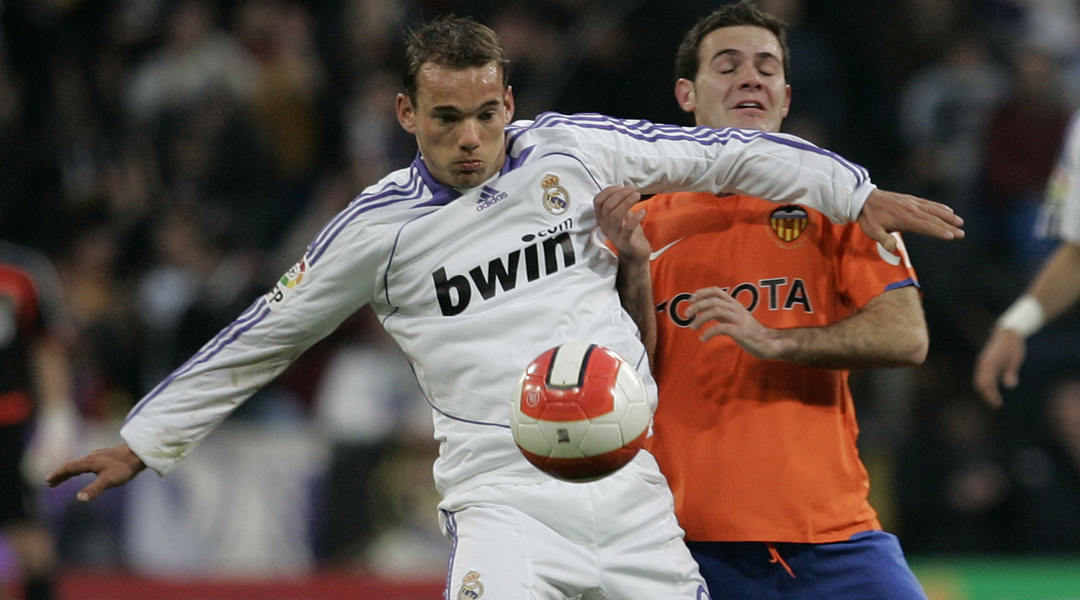
Real Madrid are hardly bound by FFP requirements like Chelsea, for example – indeed, their commercial power helped them post a professional sports record revenue of €603.9m for last season.
But their own collection have later been sold for more than £123m by other clubs (using each player’s highest one-off transfer fee, given Real could only sell them once without spending to buy them back, but excluding De la Red entirely after a heart problem forced his retirement in 2010). Madrid, however, only received around a quarter of that total (taking into account that they still made a profit on Lopez despite re-signing him, and re-signed Negredo for €5m in 2009 to sell him on for €15m).
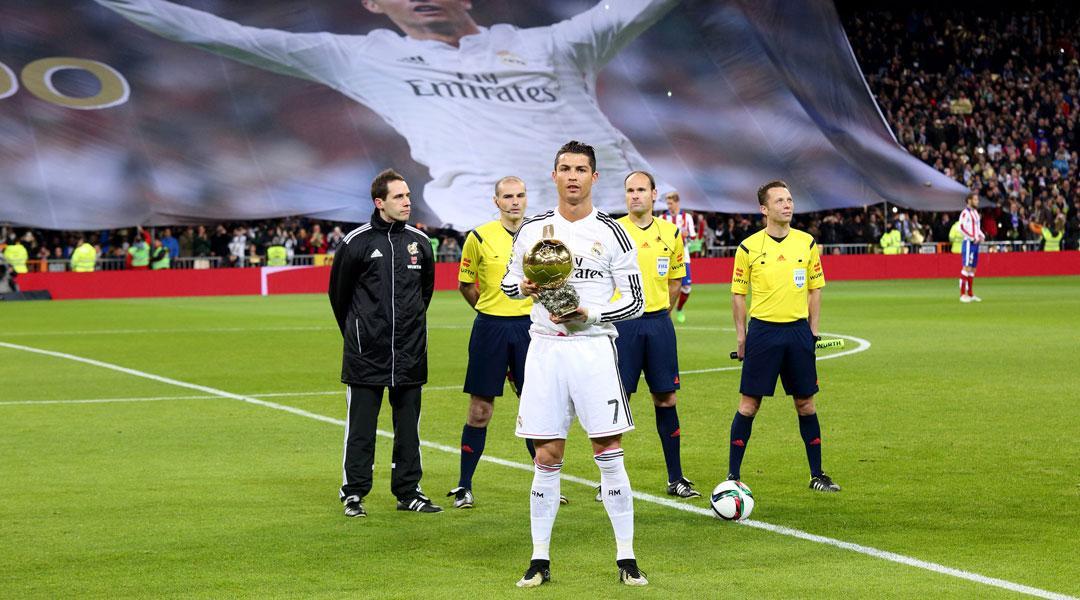
Money to burn?
Their departures also meant a combined €67m was unnecessarily spent recruiting the disappointing Royston Drenthe, Klaas-Jan Huntelaar, Lassana Diarra and Rafael van der Vaart. Even for the club with the world’s biggest budget, that represents a significant waste. In the short-term, Wesley Sneijder and Arjen Robben were sold to offset other spending; in the long-term, greater prudence could have avoided the departures of key players when Xabi Alonso and Angel Di Maria were offloaded following last summer’s €80m signing of James Rodriguez.
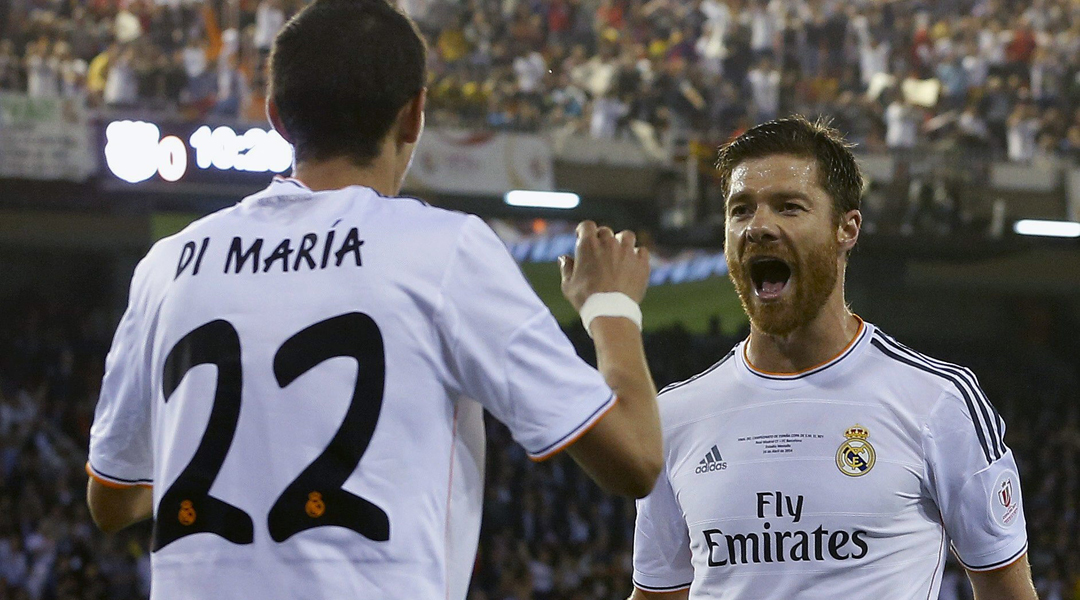
Many of Real’s difficulties – and, incidentally, the high-profile struggles of Gareth Bale – this season have come from the fatigue of World Cup winner Toni Kroos, an inability to replace Luka Modric when injured and a lack of options which Alonso, Di Maria and Morata could have offered.
Former midfielder Michel, once coach of Real’s Castilla team, grumbled in 2012: “The only thing I know is that young players from the Cantera only got in the first team under [Vicente] del Bosque, not with the rest.”
It wasn’t supposed to be this way – president Perez once boasted that he would build a team of “Zidanes and Pavons”; that is, bringing through one talented academy star for every Galactico they signed. But since then, efforts have seemed focused only on bringing the latter to Santiago Bernabeu.
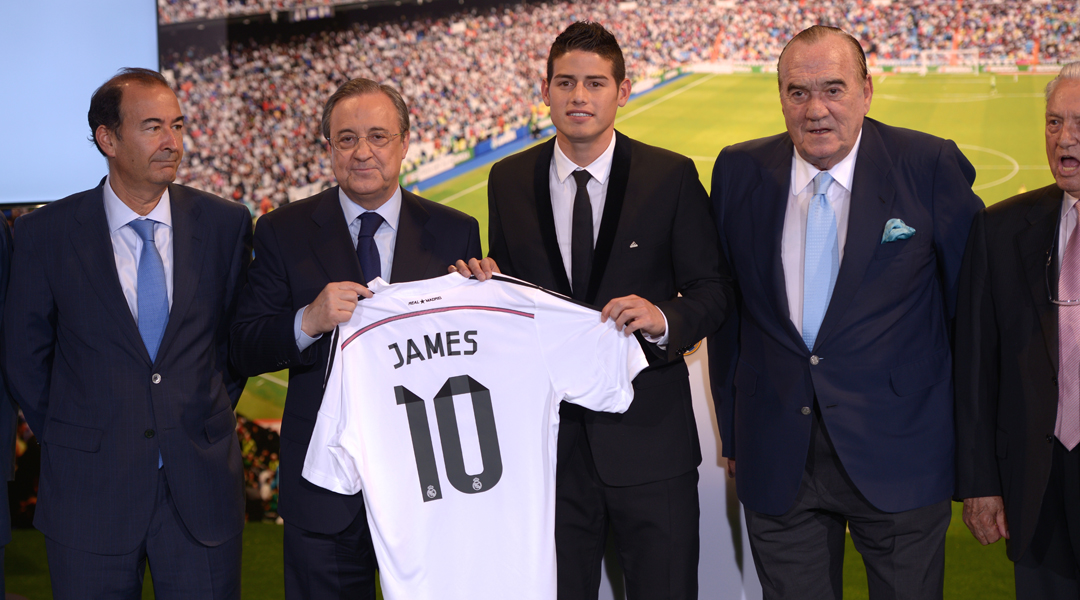
It’s a mistake Real still aren't learning from, as Perez demonstrated in September when he told Spanish newspaper AS of his plans to reduce Real’s Cantera to fewer teams, despite the academy costing €20m.
“The objective is to reduce the teams in the youth system,” Perez said. “We are studying the possibility of making Castilla and Madrid C the same team and reducing the amount of Juvenil teams to just one.”
It’s hoped that Jese isn’t another to be wasted in the same way Sergio Canales was, and right-back Dani Carvajal was once at risk of, only to be bought back after a terrific season at Bayer Leverkusen.
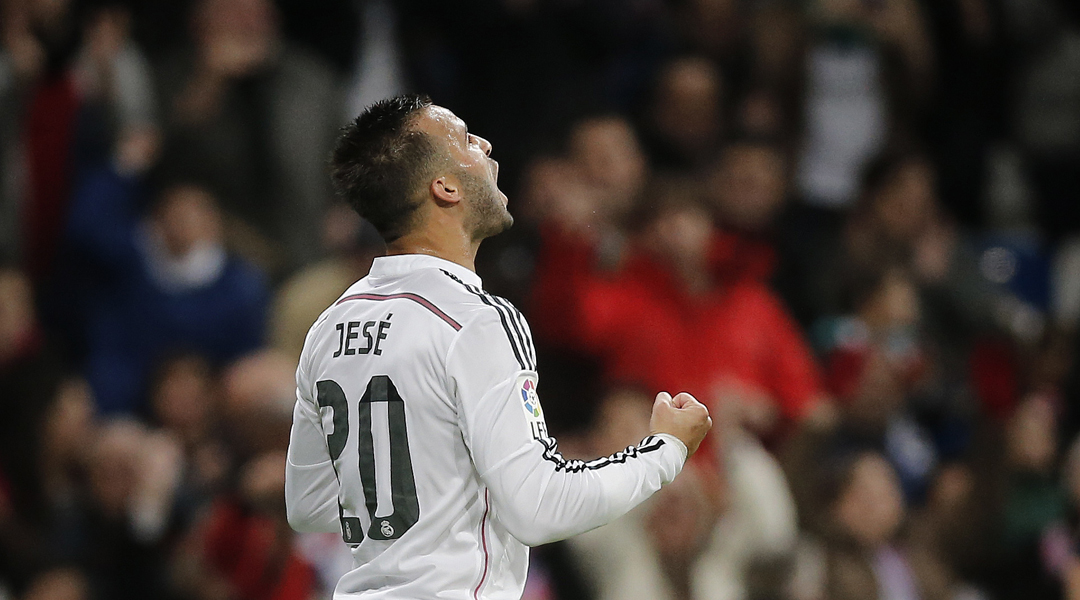
Small margins, big gains
For all of this, Real remain one of the most successful sides in the world, with one of the finest squads on the planet. There is far more right about the club than there is wrong.
Since Capello managed them to the Liga title in 2007, there have been two more league triumphs, two Copas del Rey, two Spanish Super Cups, a Club World Cup, a European Super Cup and La Decima, their 10th Champions League title.
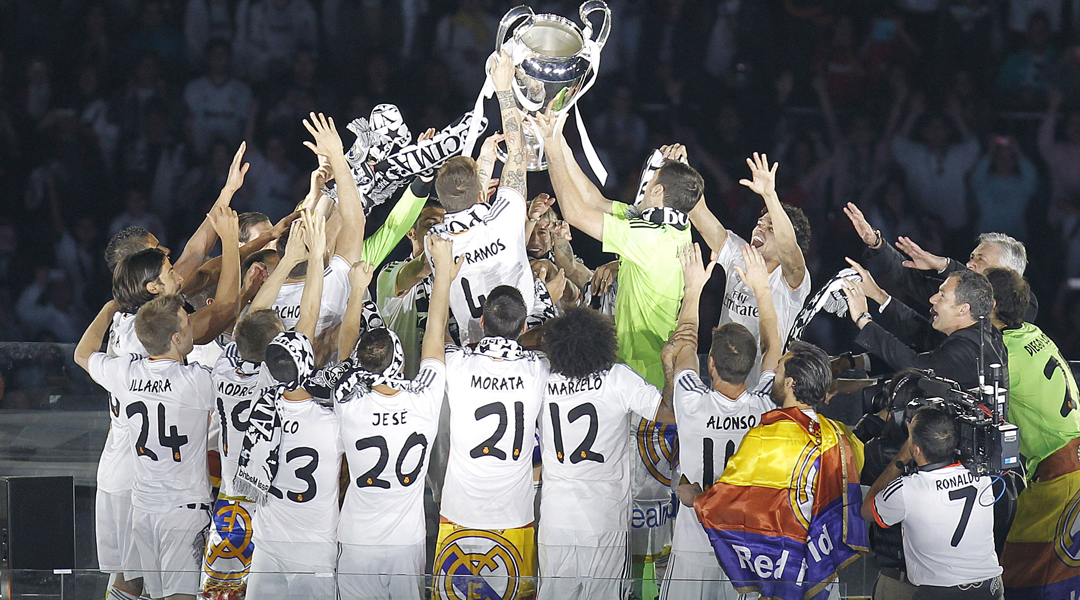
The problem is that over time, subtle flaws have not been corrected, and when the margins between success and failure are so fine – Real won last season’s Champions League final against Atletico Madrid only after a crucial injury-time equaliser, while lost out in La Liga by only three points – it’s these that are inhibiting their ultimate long-term objectives: securing domestic and European titles every season with the world’s very best players. In other words, global domination... like Pep Guardiola’s Barcelona side.
The demands of Real fans are exceeded only by those of the board, but there is a solution in an era when the club’s staggering income could be dented by a proposed reform in the distribution of Spanish football’s television rights money, and when the world’s best players have increasingly unrealistic schedules.
Winning every competition, every season, with even more of the world’s best players, is possible. Another goal from Morata in Madrid on Wednesday might have just highlighted that.
